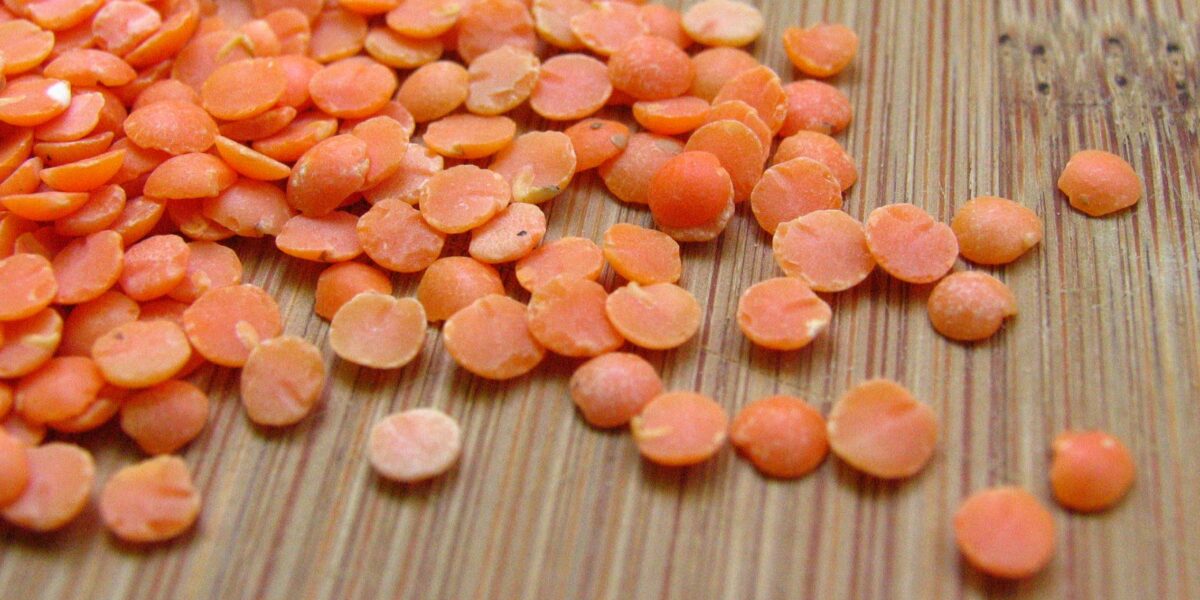Saskatchewan grain and legume farmers narrowly rejected a resolution that would have blocked variety use agreements for levy-funded seeds on January 9. Variety use agreements have been criticized by the National Farmers Union (NFU) because it requires that farmers pay a fee if they want to keep seeds from certain plant varieties.
The January 9 resolution was brought to the Saskatchewan Pulse Growers (SPG) – an organization that collects levy funds from grain and legume farmers in Saskatchewan – after it announced its breeding partnership with Limagrain Field Seeds. The SPG-Limagrain partnership will focus on breeding peas and lentils that are resistant to root disease.
Julie Maxwell, youth advisory committee member of the NFU, said that many farmers welcome the research because it will develop new and resilient seed varieties but the inclusion of a variety use agreement is disappointing.
“[The deal] says that when the seeds are ready to go to market, farmers will not be allowed to save the seeds that they grow at the end of the year. They won’t be able to save them without paying additional fees to Limagrain,” Maxwell said. “The problem with that is that the money that SPG uses to create these deals comes from farmers’ pockets. It comes from levy fees that farmers are charged for every bushel that they sell. That money is really public money.”
Maxwell highlighted that NFU members have been feeling the pressures of input prices on their farms and are struggling to turn a profit when they sell their crops. She said that the public money collected from farmers should be put toward supporting farmers’ interests.
“It’s great that [levy funds] are going towards research but it’s not great that it’s then going towards profit for this one corporation year after year after year because that was public money. Farmers shouldn’t be expected to pay twice,” Maxwell said.
Creating a cost barrier to saving seeds is an attack on seed sovereignty, Maxwell said. Seed sovereignty is a model in which farmers are free to save the seeds they grow. Maxwell said things like variety use agreements and patents on seed varieties puts control over seeds in the hands of corporations, not farmers.
“Farmers need to have the right to save their own seed so that they can make the decisions that are best for them, they can develop varieties that make sense in their own unique contexts,” Maxwell said. “So much of farming is about problem solving in your own unique context. The more that we give corporations control to create seeds, and kind of take away farmers’ ability to save seeds, then farmers start to lose their knowledge, they lose their seed banks, they lose their skills.”
Cathy Holtslander, Director of Research and Policy at the NFU, said that taking seed sovereignty away from Canadian farmers also upholds global systems of exploitation.
“We have a very, very small Canadian vegetable seed production,” Holtslander said. “This has to do with our government not funding this kind of seed research. It doesn’t really support developing varieties that are particularly good at growing in Canada.”
Because seed research is not supported as much for crops necessary for local food systems, Canadians rely on foreign companies who use cheap labour in the global South for food.
“We don’t have seed sovereignty over these kinds of vegetable seeds and they are produced in a situation of exploitation,” Holtslander said. “So what is really important is having local Canadian farms that grow seed for vegetable production.”
The NFU put together a document, called the Farmers’ Seed Act, that outlines how Canada can uphold seed sovereignty.
“It talks about how farmers need to have the right to save seed and also select exchange, reuse, and sell seed without having corporate control,” Holtslander said. “It should be the farmers that are in charge of how seed is used and what seed is available.”



